Ukokkei, often called Silkie chickens, are a fascinating and unique part of Japan’s culinary and cultural heritage. Known for their fluffy white feathers and distinctive black meat and bones, these chickens have long been treasured for their rarity and rich nutritional value. Originally brought to Japan from China, Ukokkei holds a special place in both history and modern cuisine. Curious to learn more about this extraordinary bird and its significance in Japan? Keep reading to uncover its story!
What is Ukokkei?
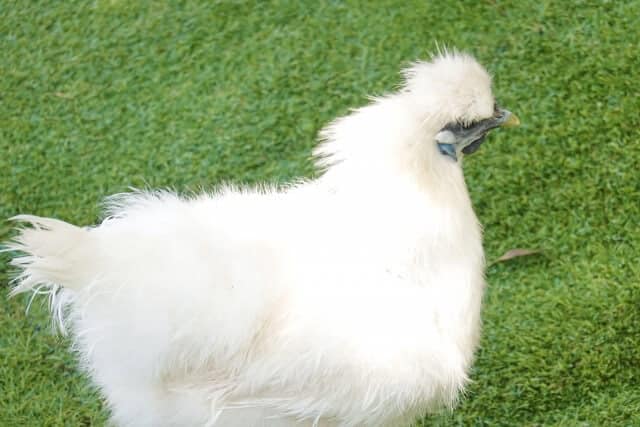
Ukokkei (烏骨鶏), also known as Silkie chicken, is a unique and highly prized breed of chicken in Japan. Renowned for its distinctive black skin, bones, and white, fluffy feathers. Silkie chickens are known for laying few eggs and being very expensive. While a typical chicken lays 280 to 300 eggs annually, a Silkie only lays around 40 to 80. Silkie chickens lay very few eggs, making them highly prized and more expensive than regular chicken eggs.
Types of Ukokkei
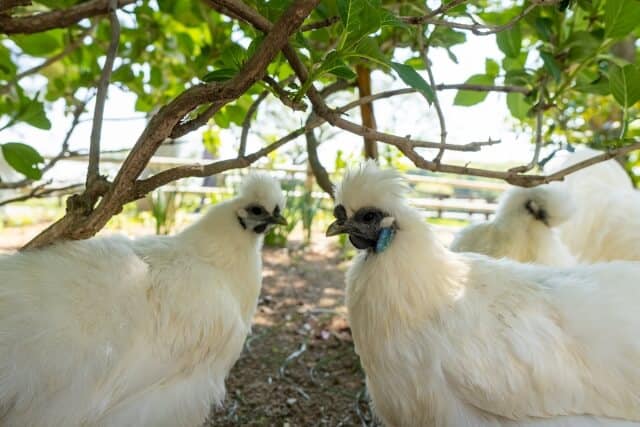
Ukokkei come in various types and colors, including the commonly recognized white and black varieties, as well as Partridge, Buff, Blue, and Splash Silkies. While white and black Silkies are mainstream in Japanese poultry farming, other colors are often kept as ornamental pets.
They are also categorized by their “beard” type:
- Meat Beard Type (Mouzenshu): Features fleshy wattles or “meat whiskers.”
- Hairy Beard Type: Features hairy
Ukokkei have distinctive “whiskers” on their chins, categorized as either “meat whiskers” (fleshy wattles similar to other chickens) or “hairy whiskers” (hair-like chins). Many Silkies lack hairy whiskers but may have small meat whiskers. Comparing this to human whiskers, “hairy whiskers” resemble chin whiskers. Meanwhile “meat whiskers” are closer to cheek whiskers, making these terms a fitting description.
Ukokkei History
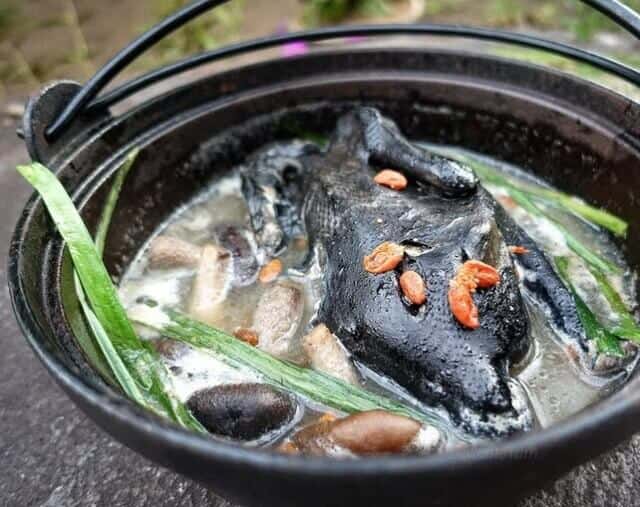
Ukokkei, known for their fluffy feathers and black meat and bones, were brought to Japan from China during the Edo period. Highly valued for their exceptional nutritional benefits, they have been considered a “treasure” in traditional Chinese medicine. Historically, they were a key part of the medicinal diets of Chinese royalty and aristocrats, particularly favored by women. Even today, China produces over 20 types of Ukokkei-based products, including those made from their eggs, meat, and blood. These unique chickens, named for their “crow-like black bones,” are gaining popularity in Japan for their health benefits and rich history.
Characteristics and Nutritional Value of Silkie Eggs
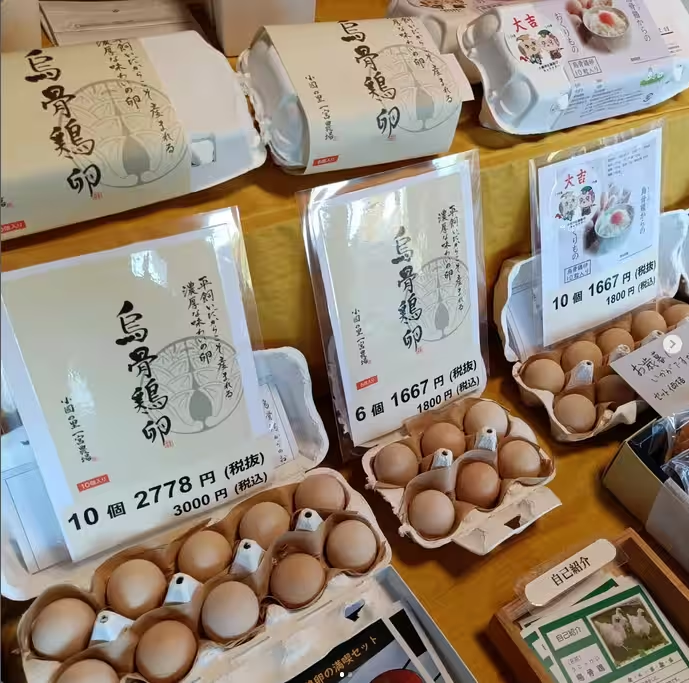
Reffered from Ukokkeien
Silkie eggs are one of nature’s rarest treasures, distinguished by their unique qualities and exceptional nutritional profile. These remarkable eggs are remarkably small, even smaller than standard size S eggs, with distinctive bright orange shells that instantly distinguish them from conventional eggs.
What makes these eggs truly special is their rarity. Silkie hens lay only one egg approximately every ten days, making these eggs extraordinarily hard to come by. This rarity has deep historical roots – Chinese traditional medicine has valued them for millennia, while in Japan’s Edo period they earned the mysterious nickname “phantom medicinal hen”.
The nutritional content of Silkie eggs is remarkable:
Vitamin A content reaches 243,000 IU, ten times that of eel.
Vitamin B2 content exceeds beef liver by 50%.
Ten times the iron content of spinach
Rich in zinc, calcium, vitamin E, lecithin, DHA and EPA
Each 35g Silkie egg packs a nutritional punch:
54 calories
4.2g protein
4.55g fat
0.14g carbohydrates
These compact nutritional powerhouses have gained popularity among health enthusiasts for their potential benefits in weight management, beauty enhancement and overall health maintenance. Their combination of scarcity and exceptional nutrient density has earned them a special place in the hearts of both health-conscious consumers and culinary aficionados, truly earning their reputation as a premium superfood.
Ukokkei Recommended Restaurants
Ukokkeien (烏骨鶏苑)
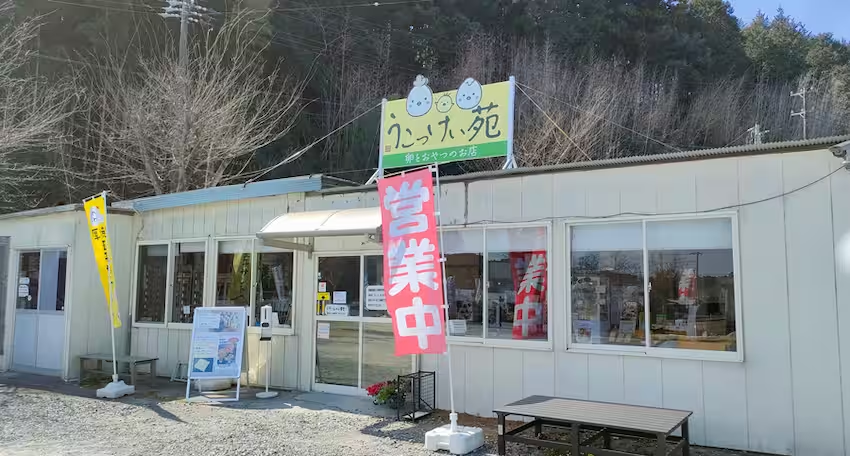
Ukkokei-en is one of the most distinctive egg specialty shops in Japan, located in Morimachi, Shizuoka Prefecture. Established in 1988, it is a historic establishment that has focused on Ukkokei hen eggs for over 40 years.
Attractions and features of the store
The main feature of Ukkokei-en is its commitment to the rare breed of Ukkokei chicken. Listed as a natural monument in 1942, this breed lays only one egg every ten days, making it a valuable chicken. The owner raises these rare chickens in free-range conditions, valuing their natural living environment.
Variety of products
The shop sells a variety of eggs, including Ukkokei eggs, Nagoya Cochin eggs, red eggs and Araucana eggs. These eggs have a nutritional value that is incomparable to regular eggs, and especially Ukkokei eggs have remarkable levels of vitamin A, vitamin B2, and iron. There is also a wide variety of processed foods, including dorayaki, castella, egg yolk garlic, and soy sauce specifically for egg over rice, that showcase the potential of eggs to the fullest. In particular, the sweet red bean filling for dorayaki and the plain and matcha versions of castella are popular products with many fans.
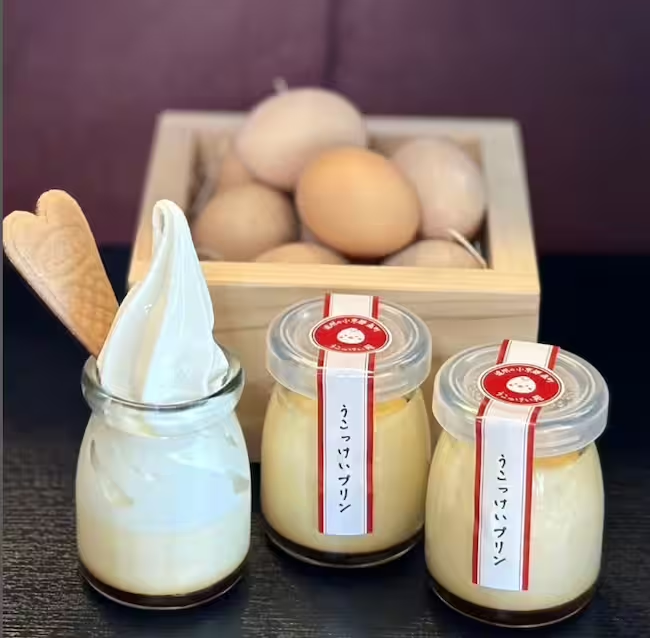
Reffered from Ukokkeien
Unique services
One of Ukkokei-en’s unique services is its 24-hour egg vending machine. This system, which allows customers to purchase fresh eggs at any time, is very popular with the local community. In addition, Ukkokei-en also offers face-to-face sales at its direct sales office and online sales at its online shop, catering to a wide range of customers. In August 2024, an egg over rice specialty shop is scheduled to open, continuing their challenges.
Customer feedback and evaluation
Many customers are impressed by the immune-boosting effects of Ukkokei-en’s eggs, as well as the rarity and deliciousness of the eggs they have been buying for over 20 years. Their pursuit of high nutritional value and good taste has created repeat customers.
Price Range
Ukkokei eggs are priced at 1,500 yen for a pack of 10, and Nagoya Cochin eggs are 625 yen for a pack of 10, which is not cheap, but their high quality is recognized by many. Dorayaki is priced at 240 yen each, and the price of castella varies by box or cut. Ukkokei-en is not just an egg shop; it is a special place that conveys Japan’s food culture and traditions. It is a heartwarming facility where a deep love for eggs and respect for chickens can be felt.
Kichijoji RETRO (吉祥寺RETRO)

Kichijoji RETRO is a restaurant that takes pride in its creative side dishes that transcend genres. They also use ingredients such as the brand chicken “Honmiya Silkie Chicken,” carefully skewered charcoal-grilled yakitori, highballs, and carefully selected sake. There are also dishes using Motomiya Silkie Chicken eggs such as “thick omelet,” “oyako-meshi” (chicken and egg rice), and “milk pudding.”
Conclusion
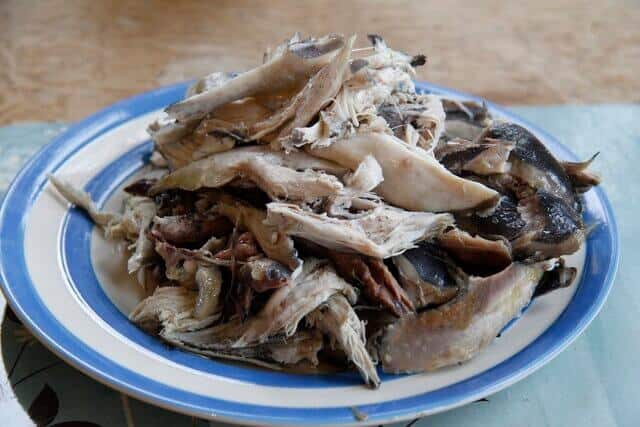
Whether you’re intrigued by its history, captivated by its rarity, or simply curious about its flavor, Ukokkei offers an unforgettable experience. If you ever have the chance to visit Japan, don’t miss the opportunity to try Ukokkei dishes or purchase its eggs or meat to experience this remarkable treasure for yourself. It’s a taste of tradition and luxury that’s well worth exploring!
For more fascinating insights and recommendations on Japanese cuisines like Yakitori, Karaage and many more, be sure to explore our other articles and discover the diverse flavors Japan has to offer!

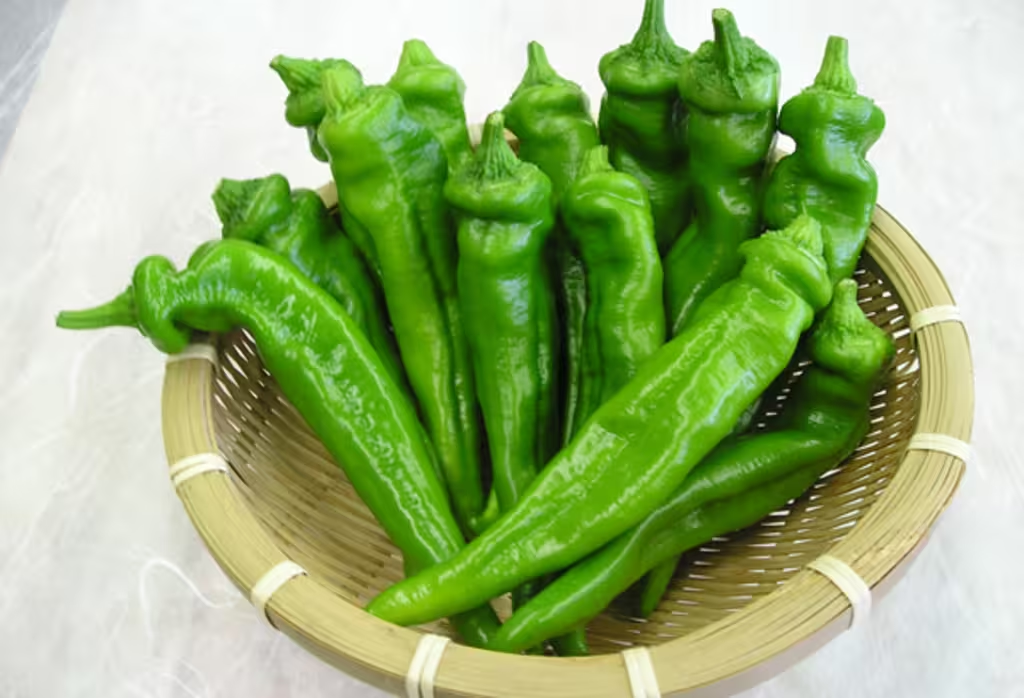
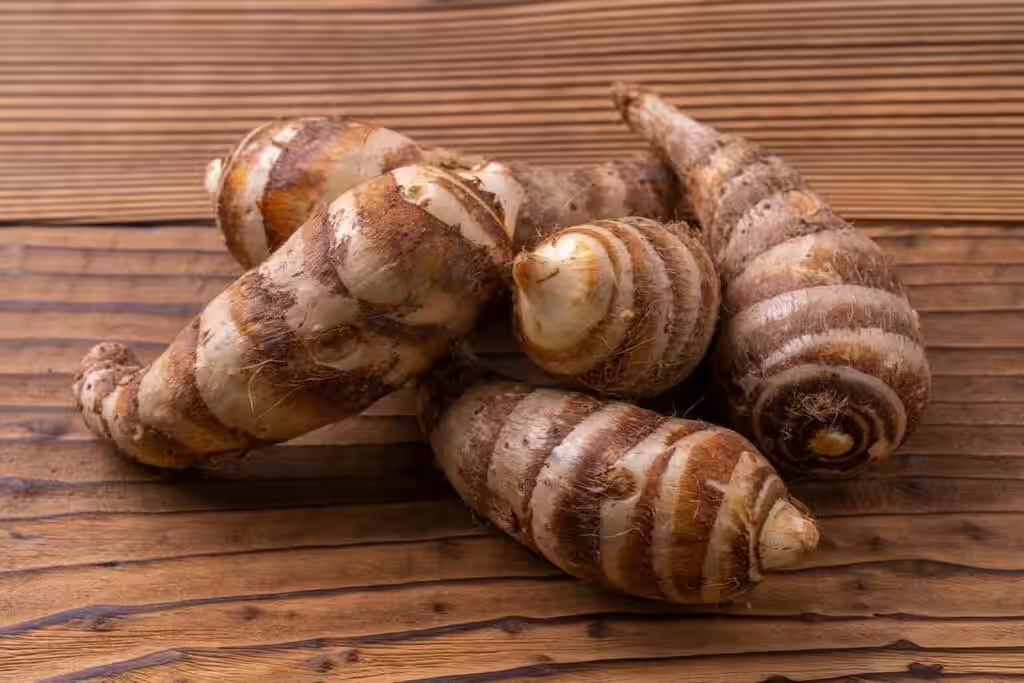
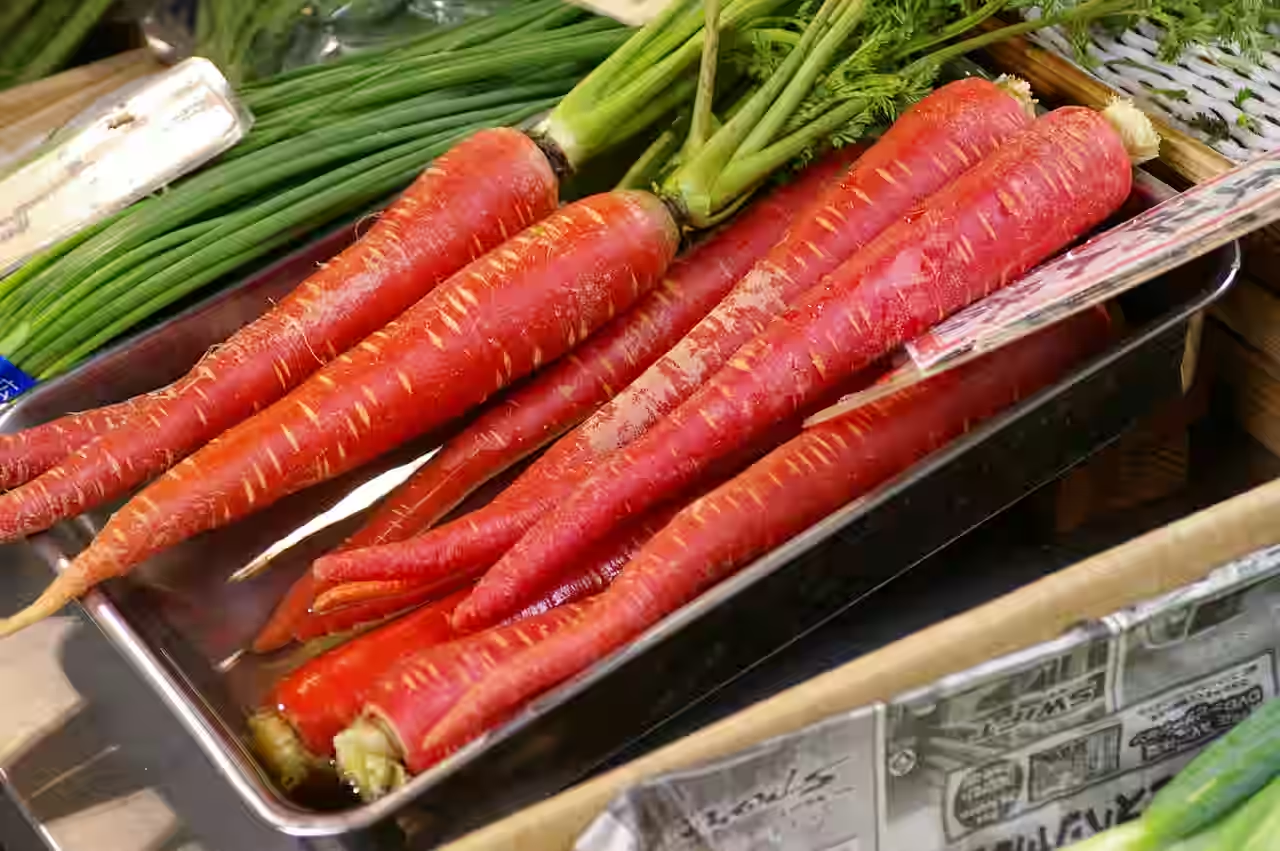
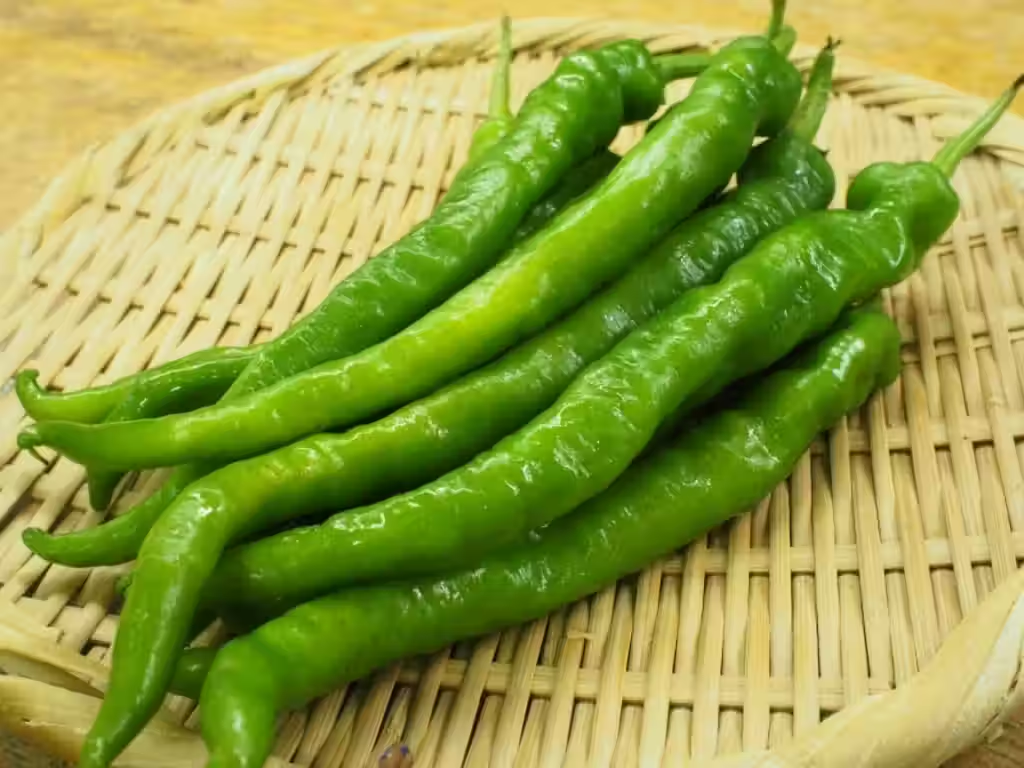

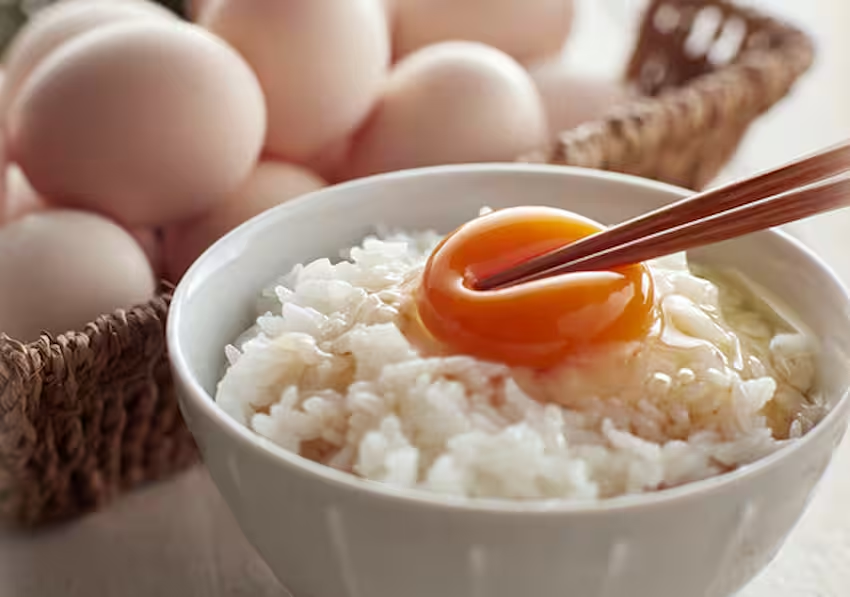
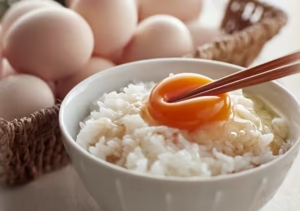
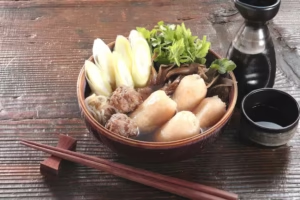
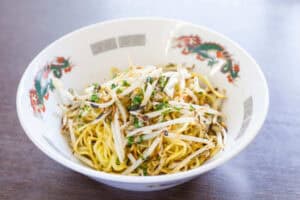
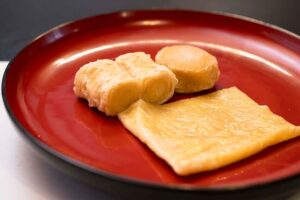
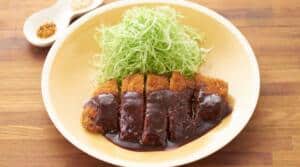
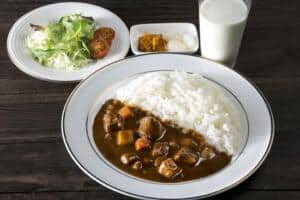
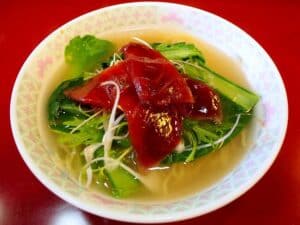
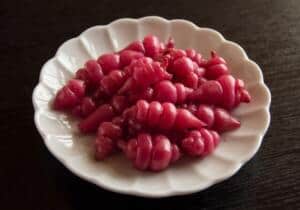
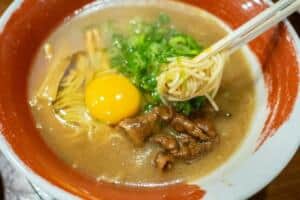
Comments